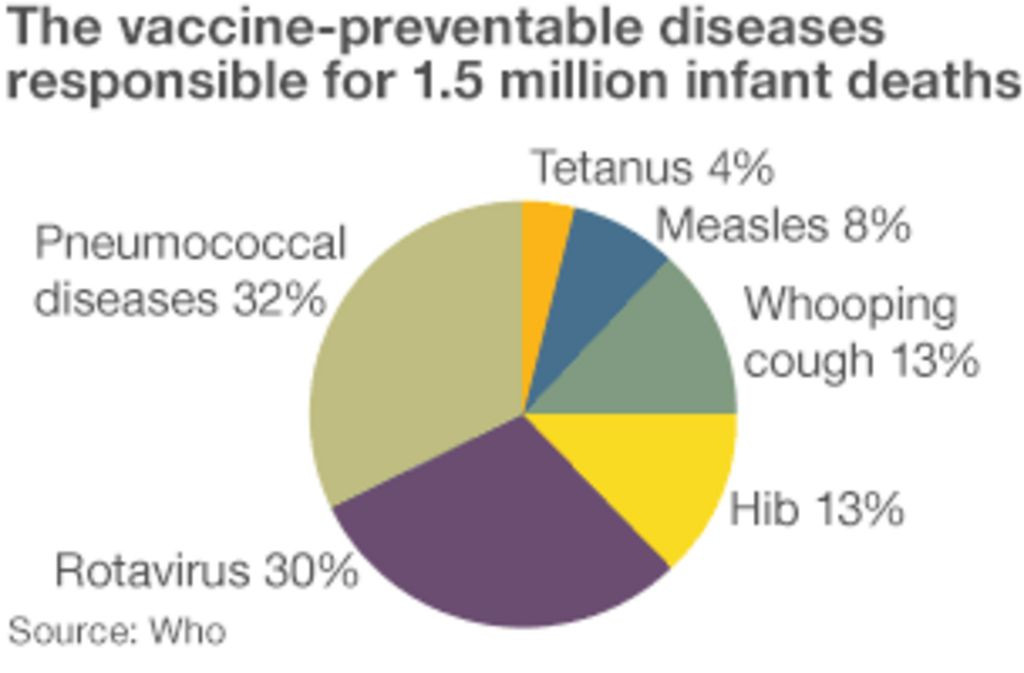A Urgent Plea Amidst the Assisted Dying Debate
A 49-year-old man, Matt Saunders, from Cornwall, diagnosed with multiple system atrophy (MSA), a debilitating and incurable neurological condition, has issued a powerful plea amidst the ongoing debate surrounding the UK's Assisted Dying Bill. His diagnosis, delivered in 2022, carries a life expectancy of six to twelve years. Instead of focusing solely on the Assisted Dying Bill, Mr. Saunders believes the government should first concentrate its efforts on significantly improving the nation's palliative care system.
The Urgent Need for Palliative Care Reform
Mr. Saunders, a former lawyer, voiced his concerns, stating that the current Assisted Dying Bill is a “rushed” initiative, lacking sufficient public debate and proper consultation. He emphasizes a critical need for substantial improvement in the quality of palliative care available through the NHS before any consideration of assisted dying. He argues that inadequate palliative and social care create a scenario where individuals may feel compelled to choose assisted dying due to fear of becoming a burden to their families and society, rather than out of a purely autonomous decision.
The Impact of MSA and the Palliative Care Gap
MSA, a rare condition that progressively damages nerve cells in the brain, leaves Mr. Saunders unable to work. He has recently moved into supported accommodation, highlighting the practical challenges faced by individuals with such conditions. He succinctly explains the grim reality for all MSA patients: "For all MSA patients, there is no way to even slow it down or treat it, and there's certainly no cure." His experience underscores the urgent need for better support and care for individuals battling such debilitating illnesses.
Mr. Saunders highlights the inadequacy of the current system, stating that the state of palliative and social care is so poor that individuals may feel compelled to resort to assisted dying out of fear of being a burden. This underscores the need for enhanced financial and comprehensive support for terminally ill individuals, thereby alleviating the financial pressures that often accompany their conditions.
The Assisted Dying Bill: A Controversial Proposal
The proposed legislation aims to provide terminally ill adults in England and Wales, with a life expectancy of less than six months and a settled wish to die, the option of assisted dying. The bill has generated considerable discussion, with its first reading in Parliament scheduled for Friday. The legislative process will involve committee stages, allowing MPs to introduce amendments before final votes in both Houses of Parliament. Any resulting changes to the law are not expected to be finalized until at least next year.
Concerns and Debate Surrounding the Bill
Even those who are not against assisted dying have voiced concerns about the bill’s speedy progression, arguing for more thorough debate and consultation. Many believe that addressing deficiencies in palliative and social care should be the primary focus, thereby reducing the likelihood of people choosing assisted dying due to lack of adequate support rather than a fully informed personal choice.
The bill’s passage through Parliament is expected to be a complex process, with various stages of scrutiny and debate before any potential changes to legislation are confirmed. The first vote shows some support for the bill (330 to 275), but further debate and review will follow. This indicates a need for comprehensive engagement to fully understand public opinion and ethical considerations surrounding assisted dying. Mr. Saunders's experience provides a crucial perspective, emphasizing the urgency of improving palliative care before deciding on assisted dying. He points out that memory loss is a major challenge for him and for many other sufferers.
A Call for a Broader Conversation: A Different Perspective
Mr. Saunders’s advocacy highlights the importance of a comprehensive approach that addresses both the immediate needs of terminally ill individuals and the ethical complexities of assisted dying. His plea for improved palliative and social care is not an opposition to the concept of assisted dying in principle, but rather a call for a more holistic approach to end-of-life care. Before considering legislation on assisted dying, he believes that ensuring high-quality palliative care is paramount. He advocates for a more substantial public debate encompassing various perspectives, including those of terminally ill individuals and palliative care specialists, to carefully consider all ramifications of the bill.
Mr. Saunders's story is one of many, illustrating the challenges that individuals face when coping with life-limiting conditions, emphasizing the importance of providing comprehensive support and resources. The debate over assisted dying is a complex one, but improving palliative care must be prioritized before any new laws are passed. This approach would significantly alleviate suffering and ensure that everyone receives the best possible care. Ultimately, the focus should be on ensuring dignity and comfort for all those facing the end of their lives.

















